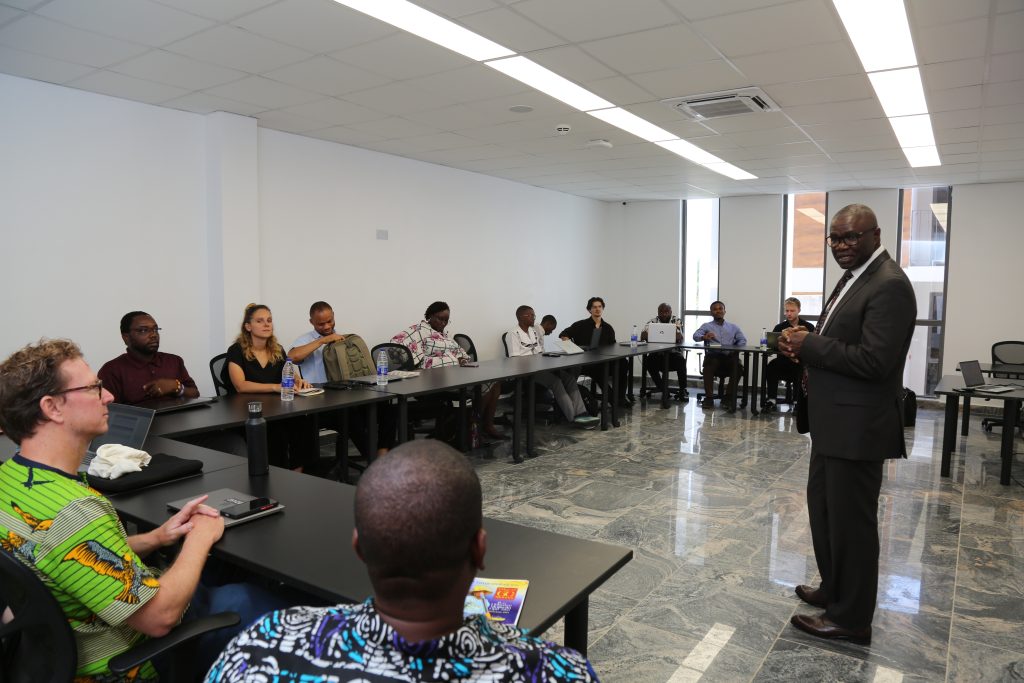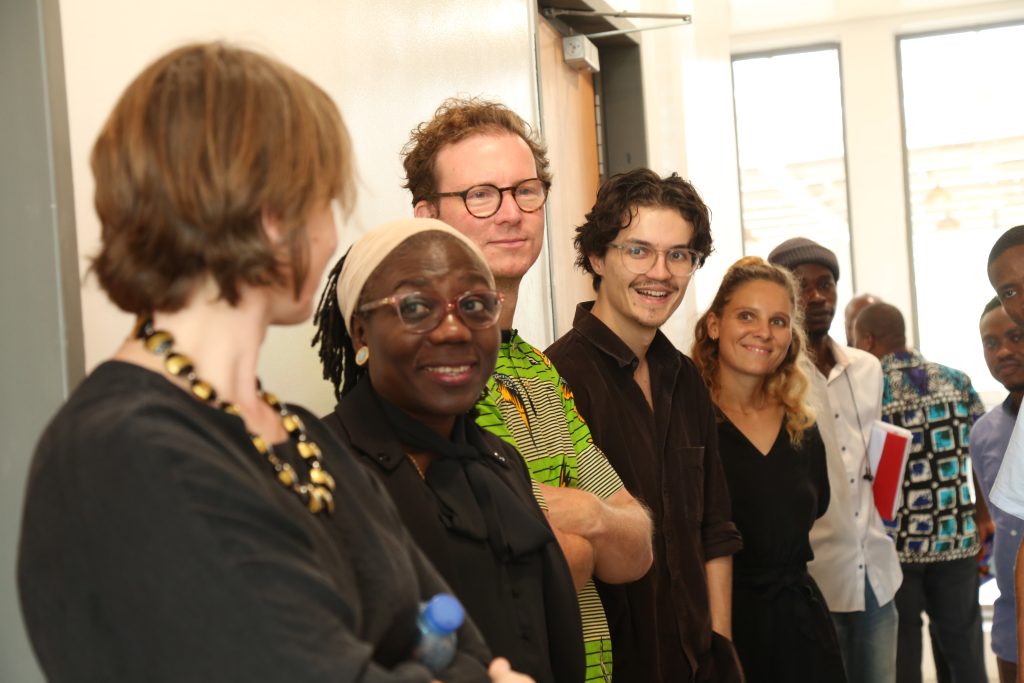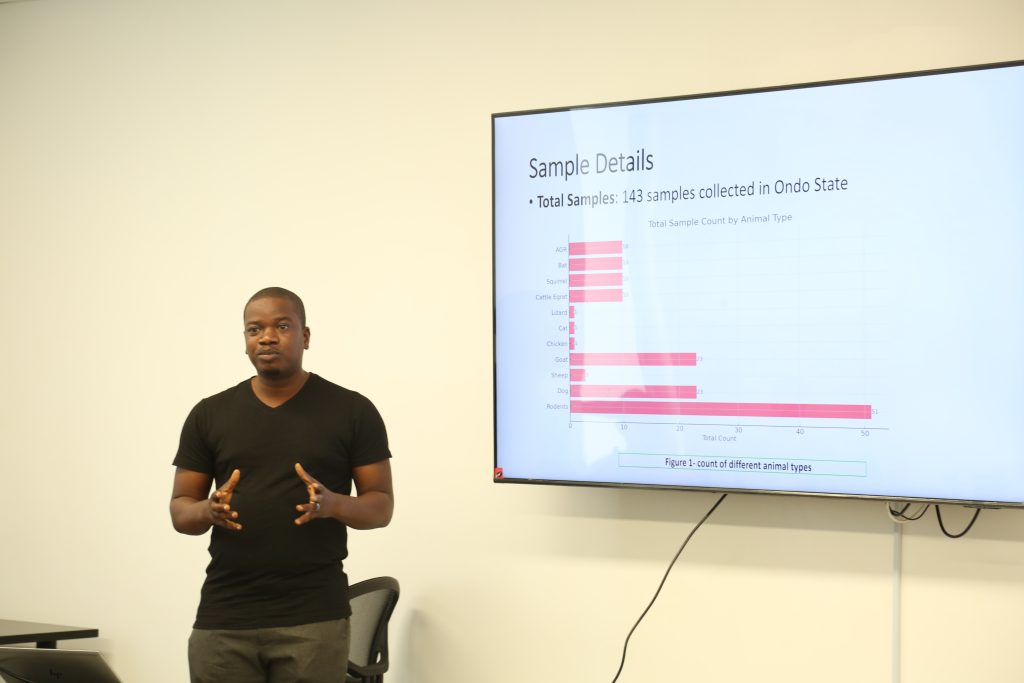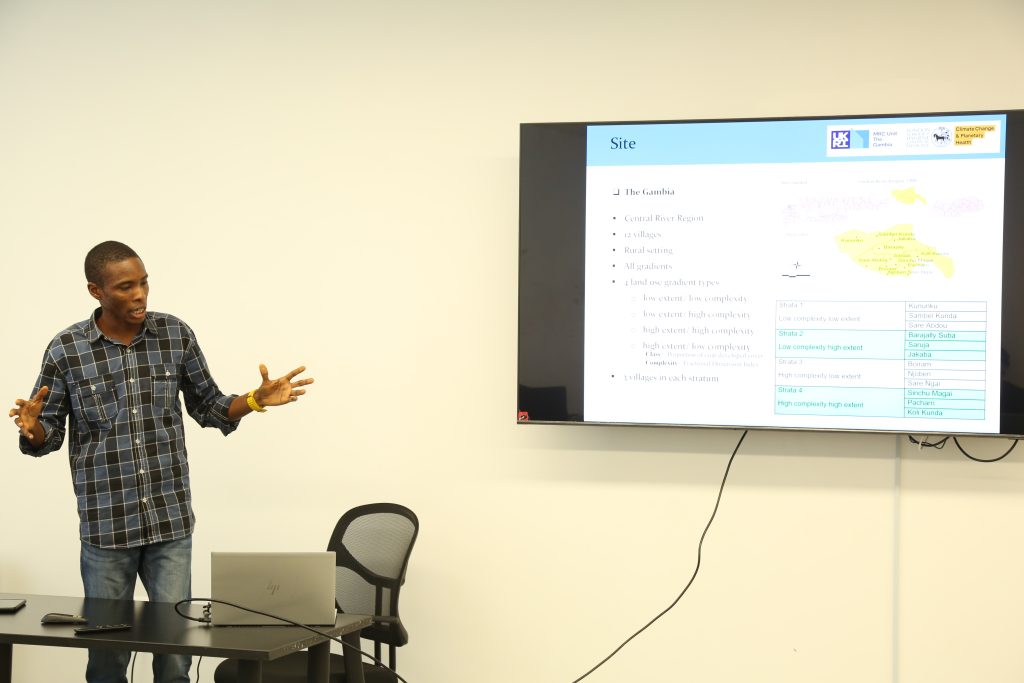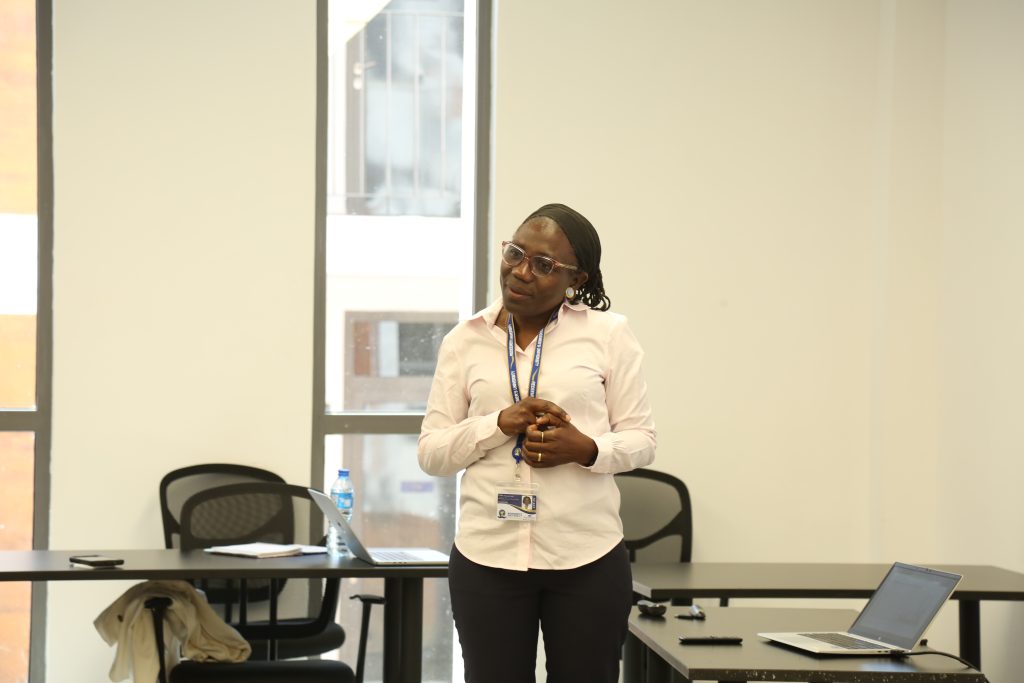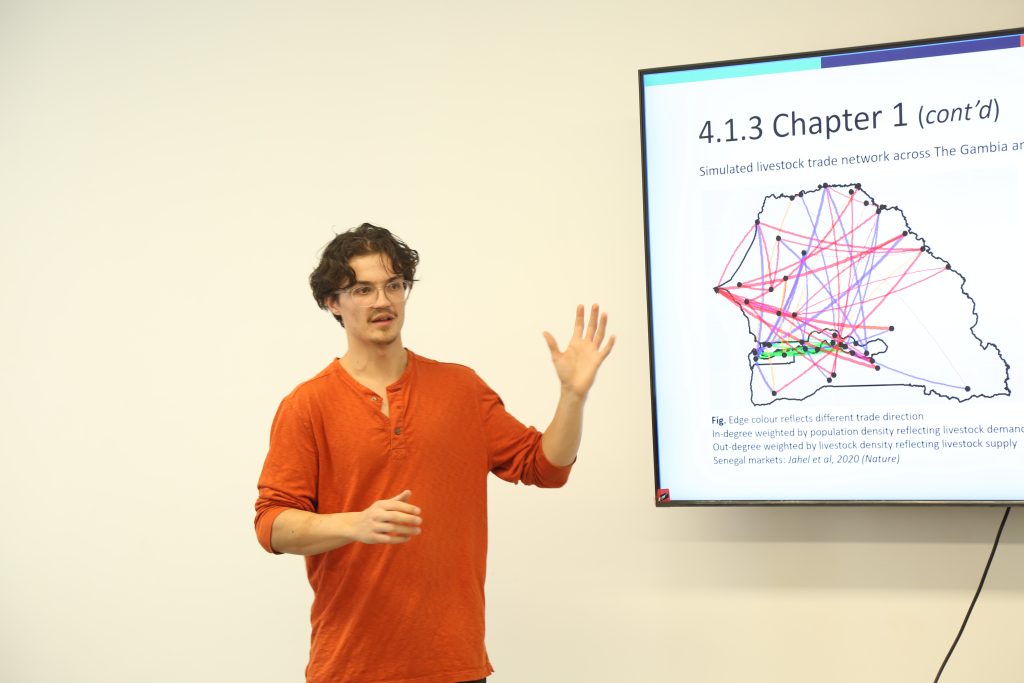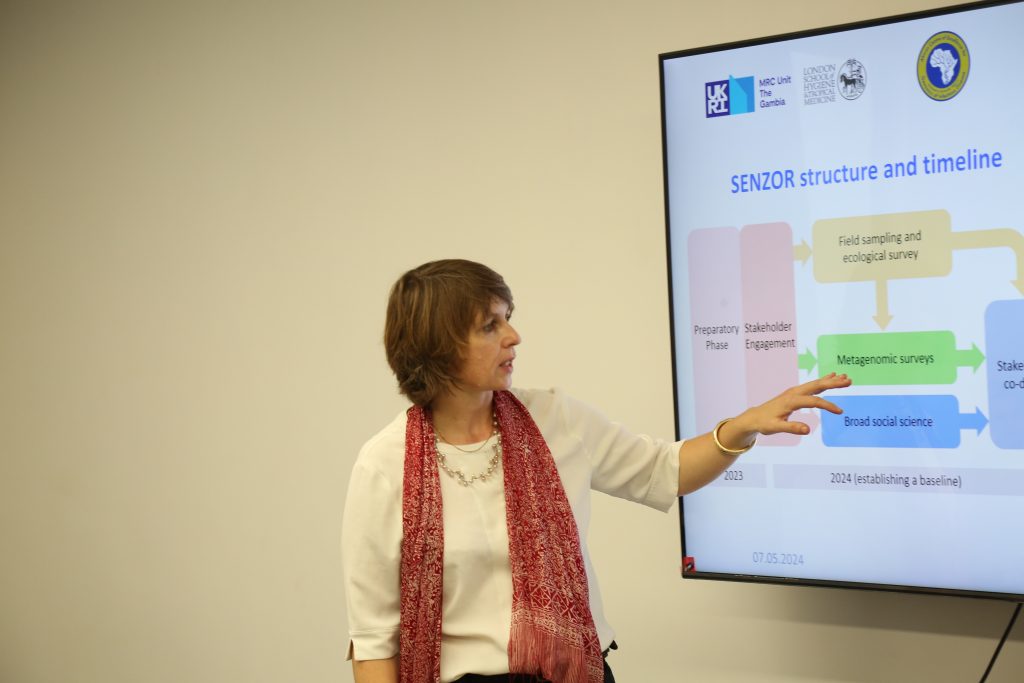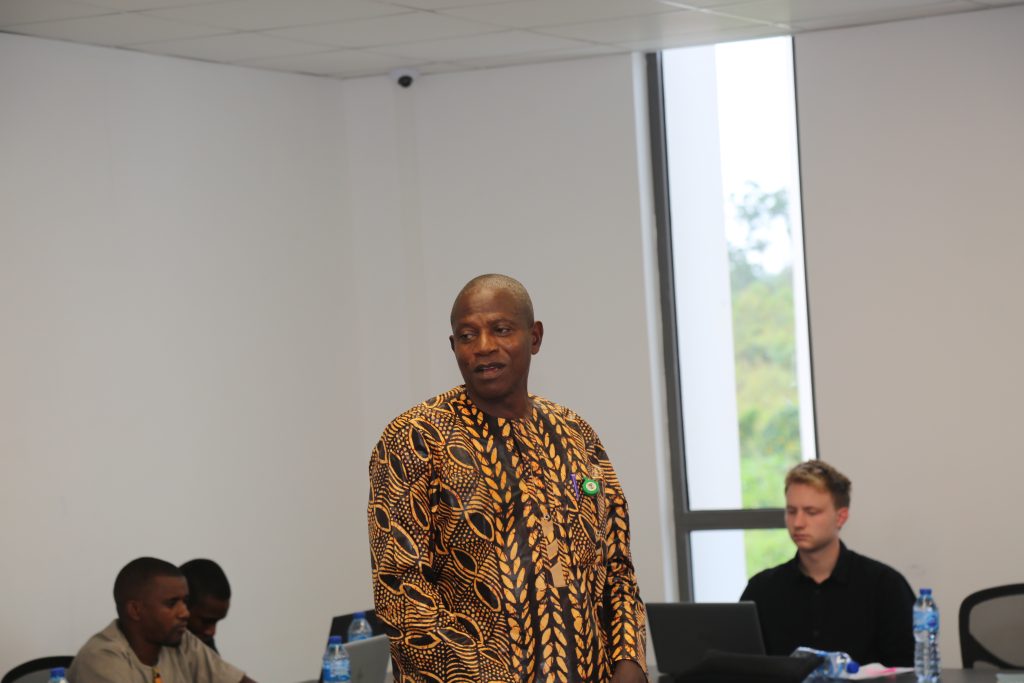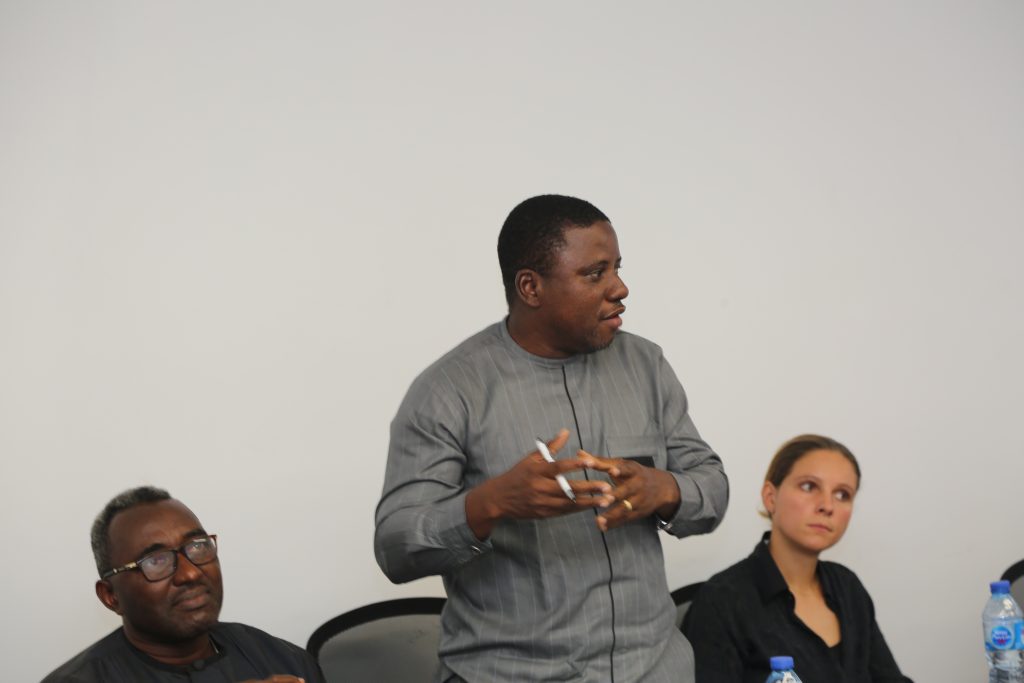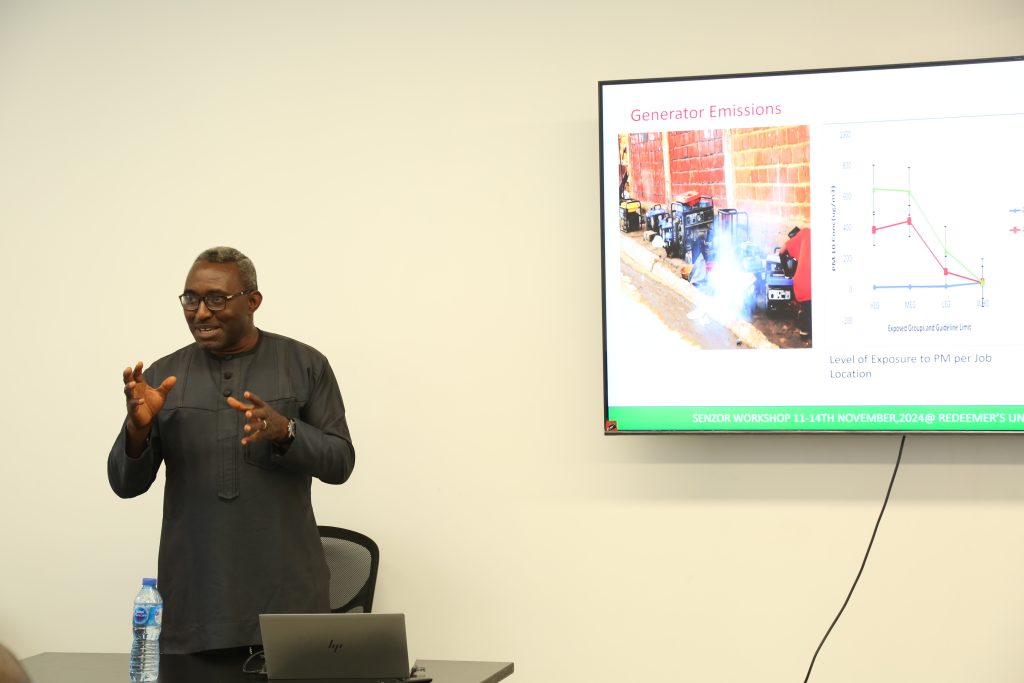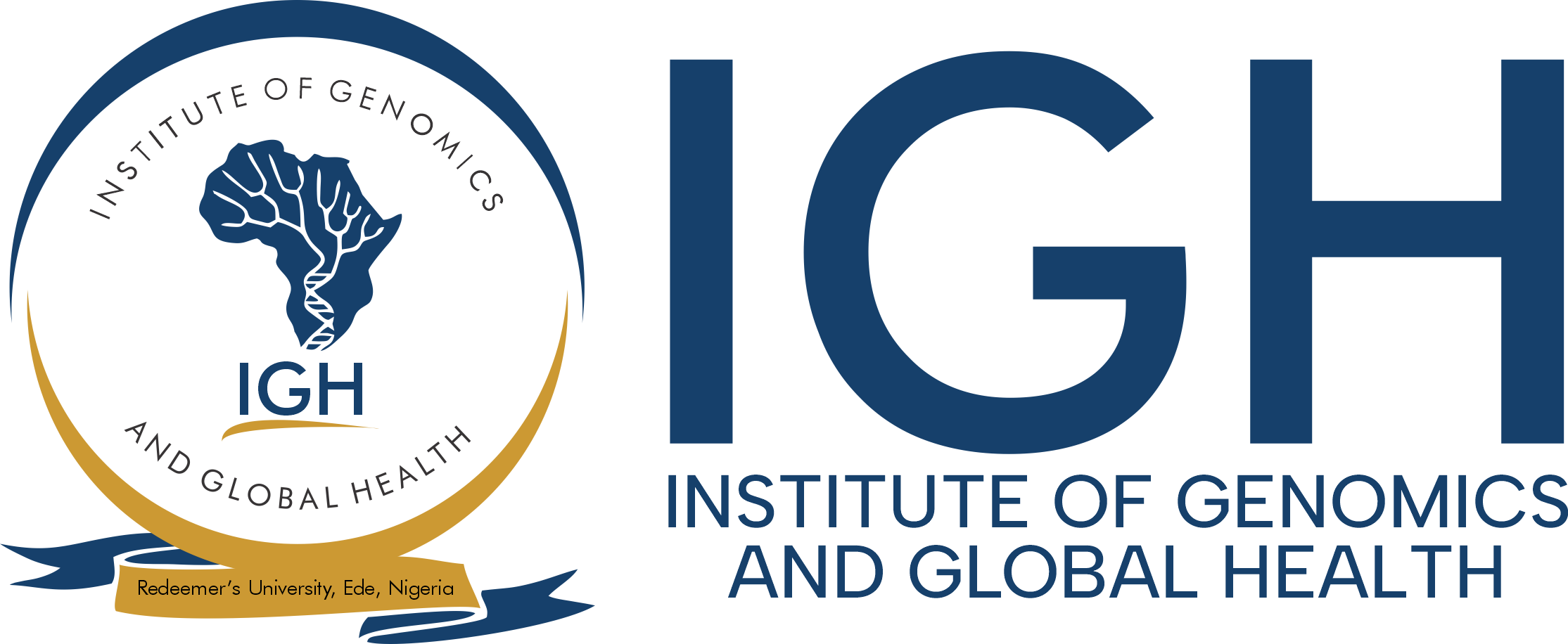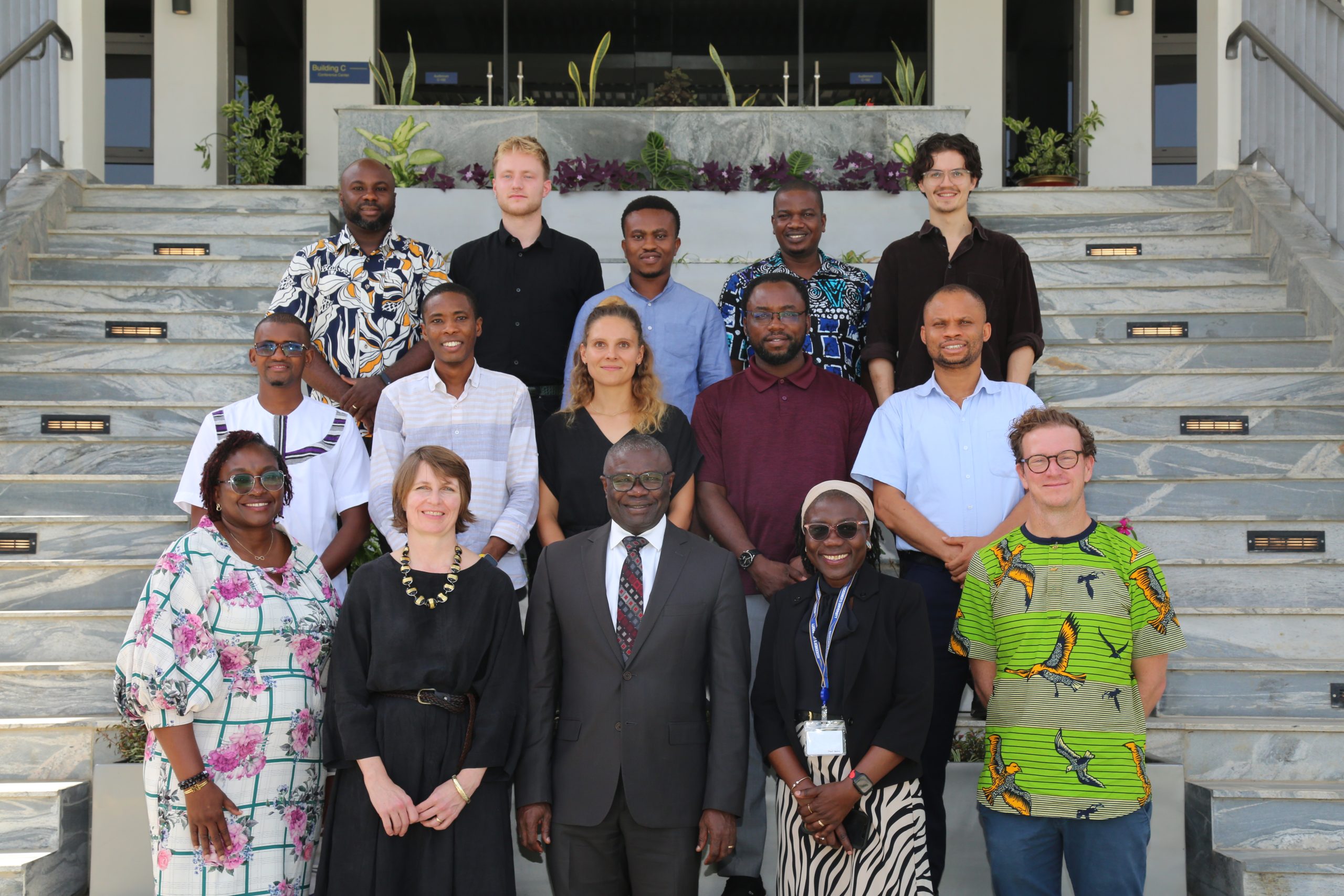The Institute of Genomics and Global Health (IGH) hosted the 2024 Annual Meeting of the SENZOR (Social-Ecological Network Approach to Understanding Zoonotic Outbreak Risk) project from November 11 to 15, 2024. This event brought together international collaborators from the Robert Koch Institute (RKI), Germany, the Medical Research Council (MRC) Unit The Gambia of the London School of Hygiene & Tropical Medicine (LSHTM), and other key stakeholders to evaluate progress and make plans for the next year of the project.
Understanding SENZOR
SENZOR, funded by the Volkswagen Foundation, is a multidisciplinary research project launched in 2022 to tackle the rising risks of zoonotic diseases. This follows the backdrop of Covid-19 and the potential consequences of climate change. It combines molecular biology, ecology, and anthropology to understand how human-animal interactions, shaped by environmental and social factors, influence pathogen transmission.
“We wanted to understand in great detail how human-animal interactions change and how these changes affect the microbiome and the way pathogens spread,” said Professor Johanna Hanefeld, Acting Vice President at the RKI and Professor of Global Health Policy at the Faculty of Public Health and Policy, London School of Hygiene and Tropical Medicine (LSHTM), as well as a principal investigator for SENZOR, highlighting the project’s unique approach. “This understanding enables us to inform public health interventions more effectively.”
“The striking difference with SENZOR is that rather than targeting one pathogen, we use a metagenomic approach to scan for viruses circulating in animals and communities, identifying those that might pose future risks to humans,” said Professor Anise Happi, Deputy Director of Zoonotic Research and Surveillance at IGH and Principal Investigator on the SENZOR project.
The inclusion of anthropological studies distinguishes SENZOR from traditional research. “We conduct deep ethnographic studies to quantify and qualify human-animal interactions, evaluating risks across agricultural gradients and seasons, while considering the impacts of climate change,” Prof Happi added.
The SENZOR project is operational in Nigeria and The Gambia. These two countries were chosen due to their unique ecological landscapes, pathogen diversity, and existing research capacity. “In The Gambia, you have the Medical Research Council with its exceptional biodiversity and extensive research experience. Here in Nigeria, the IGH offers outstanding expertise, particularly in Lassa fever and other zoonoses, making these locations ideal for studying the complex dynamics of zoonotic transmission,” Prof Hanefeld explained.
Highlights from the Annual Meeting
The meeting opened with a courtesy visit by the Principal Investigators to the Vice Chancellor of Redeemer’s University. Prof. Ahmed Yerima, the Deputy Vice-Chancellor, received them. Following an opening session, the team toured IGH’s facilities. Over five days, participants engaged in strategic planning, presentations, and collaborative discussions. Participants included the principal investigators, PhD students, and post-doctoral researchers working on the project.
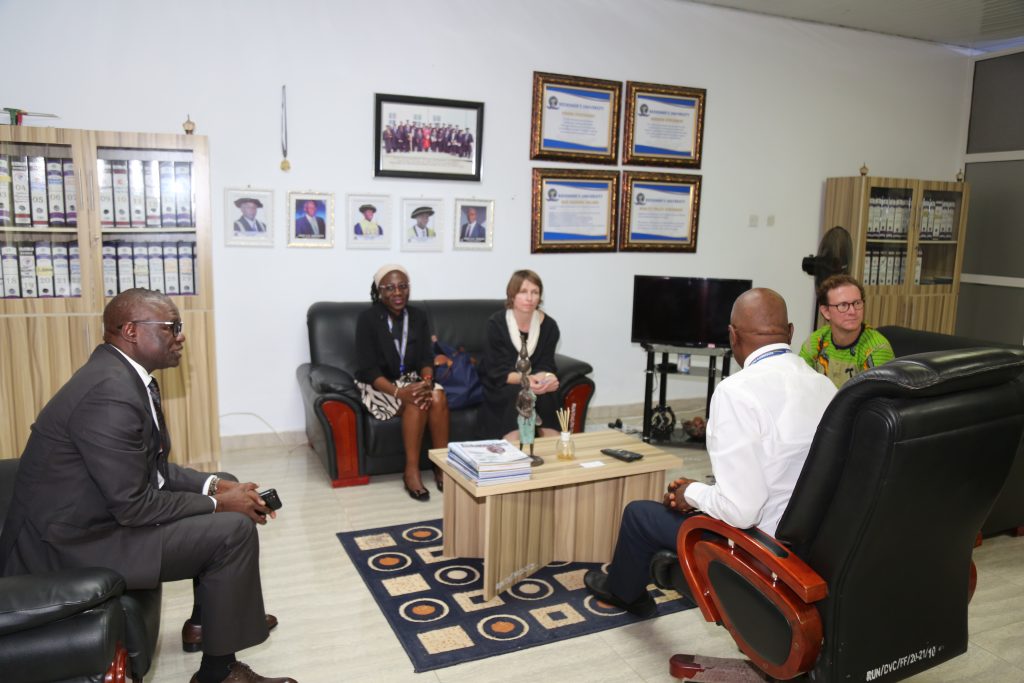
Team members presented activity updates, milestones, and preliminary data from the project sites in Nigeria and The Gambia. The team also reviewed challenges and collaboratively brainstormed and planned towards achieving the project’s objectives.
“It’s great to see the incredible team that we have built and the opportunities for early career development,” said Professor Kris Murray, co-director of the Centre on Climate Change and Planetary Health at LSHTM, and lead of the Planetary Health cross-cutting program at the MRC Unit The Gambia. He is also a principal investigator (PI) for the SENZOR project.
Stakeholders were invited to one of the sessions and also provided critical inputs and feedback. Ministry of Health representative Mr. Jamiyi Ganiyu noted: “We need to expand the study beyond just two villages or regions. Representativeness is crucial, especially in areas like Taraba State, where Lassa fever has been reported. It’s essential to also consider urban areas due to rural migration and population density.”
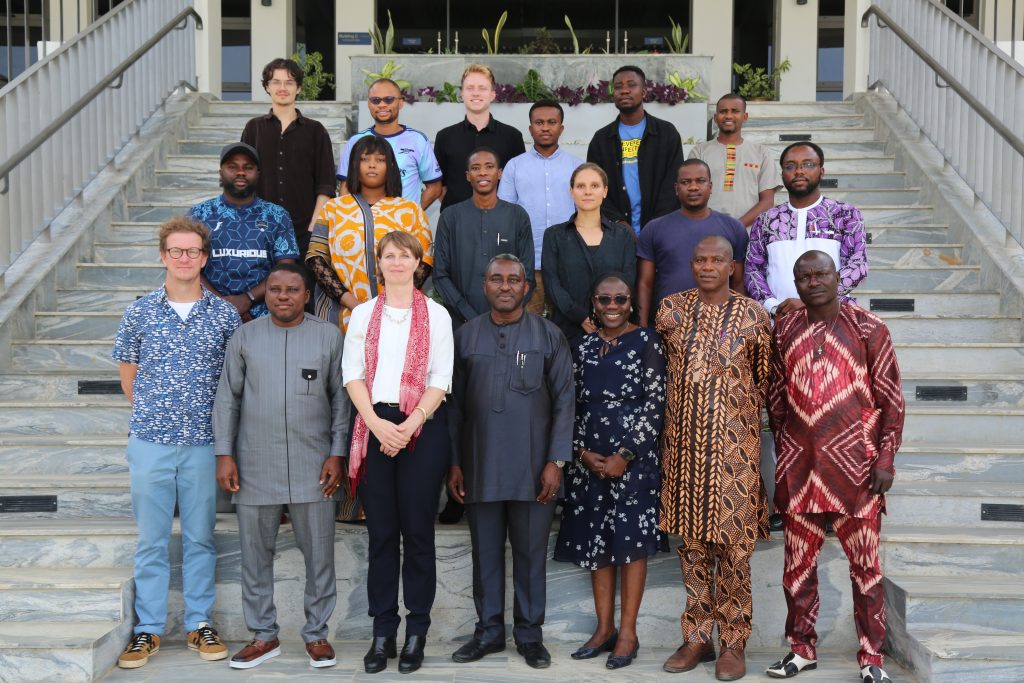
Broader Implications
The project takes a preventive approach, aiming to predict and mitigate zoonotic risks before outbreaks occur. “This research is about understanding which human-animal interactions create greater risks and building models to guide interventions,” said Prof Hanefeld.
The team is engaging key stakeholders, including Ministry of Health representatives, community leaders, and academic experts. This is to ensure that findings reflect what exists on the ground, enabling relevant and tailor-made policies towards the reduction of exposure risks.
Looking Ahead
In the next project year, the team will zero-in on specific pathogens in Nigeria and The Gambia and conduct serological studies across humans and animals.
Mr. Jamiyi Ganiyu underscored the importance of such efforts: “By broadening the species studied and including environmental samples, we ensure no aspect of zoonotic risk is overlooked. This will strengthen the findings and their application in public health policy.”
Reflecting on the progress made during the meeting, Hanefeld remarked: “We’ve had a fantastic week. Over the past year, we’ve completed the baseline research, examining human-animal interactions across different seasons and identifying viruses present in communities. This foundational work is shaping our focus for the next two years,“
Conclusion
As SENZOR progresses into its next phase, it exemplifies the power of collaboration in addressing global health challenges. With its innovative approach and strong stakeholder engagement, the project is poised to make significant contributions to understanding and preventing zoonotic diseases, and safeguarding public health worldwide.
